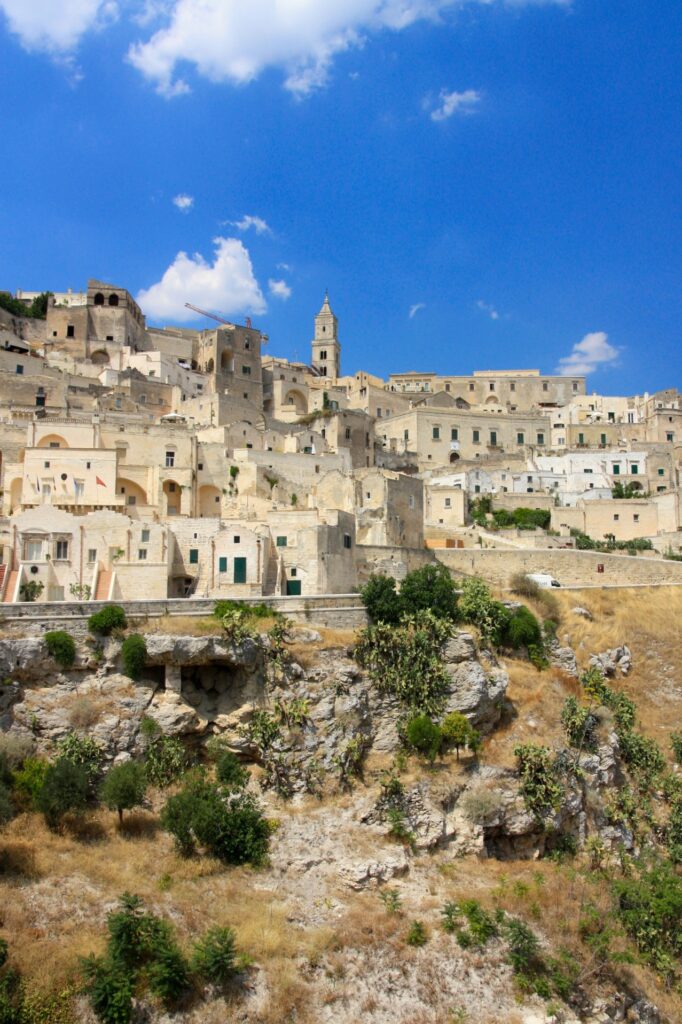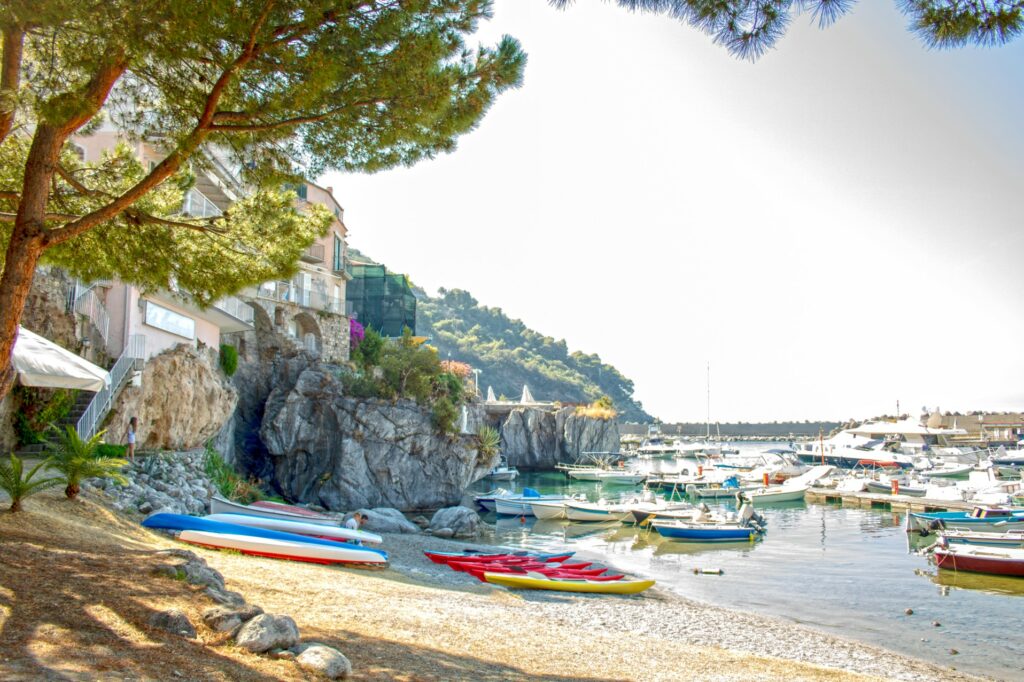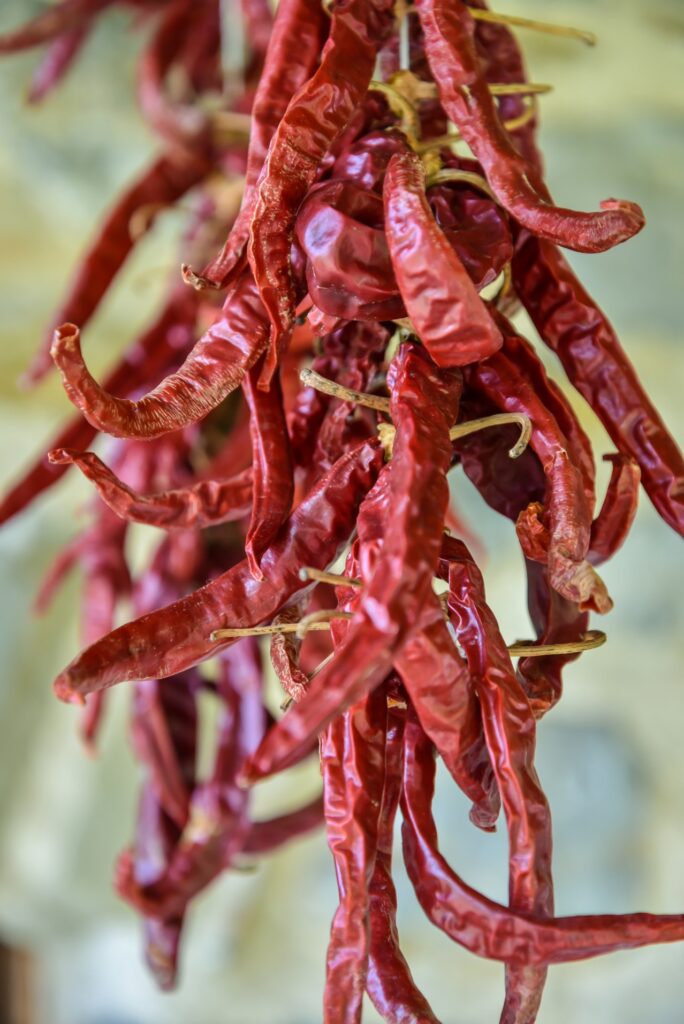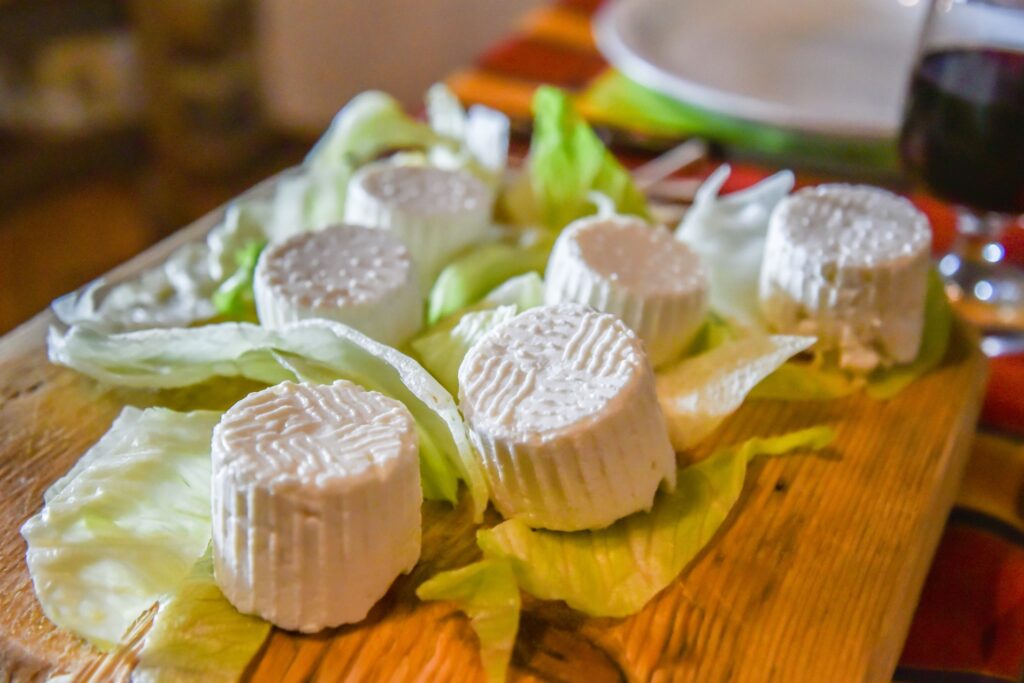2024 has been designated as the year of Roots Tourism in Italy, a concept that seeks to bridge the gap between Italians abroad and their ancestral lands. Unlike traditional tourists, roots tourists are motivated by a desire to connect with their origins, immerse themselves in the local culture, and possibly even reclaim or purchase ancestral homes, much like Francis Ford Coppola did in Bernalda, Basilicata.
Indeed, Basilicata passionately embraced the Roots Tourism initiative, as demonstrated by the central role of Matera in Roots-In, an international trade event dedicated to ancestry tourism, which the town hosted for two years in a row, in 2022 and 2023. The initiative, supported by the Basilicata Tourist Board, the Ministry of Foreign Affairs, and ENIT, focuses on promoting Roots Tourism through networking and business matching among tourism professionals. It is also in the spirit of welcoming root tourists that Basilicata, always rich in visitor experiences, has been broadening its horizons, integrating experiential tourism into its extensive offerings, and enriching the connections between the past and present for visitors.

This land, also known by its ancient name, Lucania, offers visitors an array of fascinating monuments and sites that bear witness to millennia of human history. For those seeking to immerse themselves in the region’s artistic heritage, the already-mentioned Matera, a UNESCO World Heritage Site, is a must-visit location; the town is one of the oldest continuously inhabited sites in the world, with evidence of human settlements from the Paleolithic period. Matera is, of course, renowned for its Sassi, ancient cave dwellings carved into the limestone that have been developed into complex structures over the centuries and served as a backdrop for several films, including Mel Gibson’s The Passion of the Christ and Pier Paolo Pasolini’s The Gospel according to St. Matthew. Another noteworthy destination is the Murgia Materana Park, established to protect the rich archaeological and natural heritage of the region.
The Castle of Melfi, one of the most significant medieval castles in southern Italy, also offers visitors a glimpse into the region’s rich history. The castle is famous for its connections with several prominent figures, including Robert Guiscard, Frederick II, and Charles I of Anjou, which makes it a must-visit destination for history buffs. Maratea, the Pearl of the Tyrrhenian Sea, is another gem, famed not only for its breathtaking coastal views but also for its rich sacred art heritage, earning it the nickname “the City of 44 Churches.”

Nature in Basilicata is pure and untouched. The region’s mostly mountainous and hilly terrain gives outdoor sports enthusiasts countless ways to enjoy. One could begin with the Pollino National Park, a UNESCO GeoPark: with its 200,000 hectares, it is one of the largest protected areas in Italy and presents a diverse landscape from high plains to deep gorges and everything in between. For those interested in the fusion of nature and culture, the Lucanian Dolomites provide a stunning backdrop for adventure and exploration: adventure parks, downhill biking, and climbing opportunities abound for those looking for an adrenaline rush. For those who prefer a more relaxed approach to outdoor activities, options for meditation, yoga, and orienteering are readily available, all set against the picturesque backdrop of Basilicata’s unique landscapes. The region is also a haven for water sports, with excursions on fishing boats, canoes, or yachts, while diving enthusiasts will find the underwater world here particularly inviting due to the rich biodiversity found in the waters off Basilicata’s coasts.
As one would expect in Italy, especially in the South, food is another key attraction. Lucanian cuisine is centered around the use of locally sourced ingredients, which range from fresh seafood along the coasts to the rich, hearty flavors of the inland areas. Visitors can explore this rich culinary landscape through a variety of experiences, including tasting tours highlighting Basilicata’s renowned wines, cheeses, and dishes. The emphasis on farm-to-table dining allows not only to taste the food but also to understand the traditions and processes behind its creation.

In more recent times, Basilicata has embraced experiential tourism with a variety of initiatives designed to provide tourists with an authentic and engaging experience. The Vulture area, known for its stunning natural beauty and rich agricultural traditions, is at the forefront of the field. The Vulturexperience, for instance, offers a range of activities from hiking, horseback riding, and yoga to experiential workshops focusing on the region’s culinary delights, including cheese-making and understanding the local flora through foraging. The initiative emphasizes sustainable and responsible tourism, aiming to share the region’s excellence in agri-food products, hospitality, and unique experiences tailored to the changing trends of modern travelers.

Additionally, the region launched the Basilicata in Marcia per Vivere una Vita che Vale program, supported by the Regione Basilicata, to fund educational projects that strengthen local identities and promote European integration among youth. This initiative focuses on creating “emotional educational workshops” as spaces for animation, inclusion, and experiential enrichment. The projects aim to renew positive perspectives for young people, support youth responsibility, and enhance understanding of various opportunities, integrating youth policy across relevant political sectors of the Union in line with the European Union’s strategy for youth 2019–2027.
All these initiatives and opportunities reflect Basilicata’s commitment to offering visitors diverse and enriching experiences that go beyond traditional tourism, inviting them to connect with the region’s natural beauty, cultural richness, and gastronomic excellence in a more meaningful and sustainable way.





























